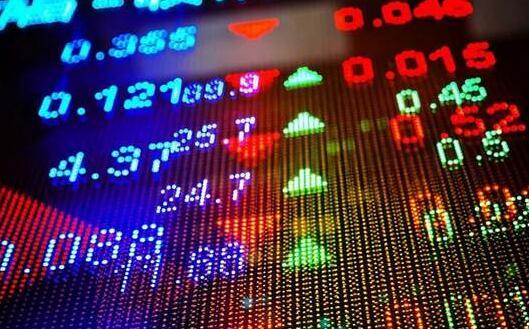BEIJING, Feb. 3 (Xinhua) -- China's stock market reacted to the ongoing novel coronavirus outbreak with an anticipated drop Monday, its first trading day on China's lunar calendar, as analysts say pessimism will be short-lived and give way to long-term bullishness.
The benchmark Shanghai Composite Index dropped 7.72 percent to 2,746.61 points and the Shenzhen Component Index closed 8.45 percent lower at 9,779.67 points on Monday, with losers outnumbering gainers by 1,438 to 53 on the Shanghai bourse and 2,086 to 99 in Shenzhen.
Shares in the agriculture and real estate sectors led the losses.
Bucking the downward trend, stocks related to the medical industry led the gains, with more than 20 companies in the sector climbing by the daily limit of 10 percent.
Judging by the historical performance of epidemic-hit stock markets, analysts say they believe the impact is mainly about investor sentiment and expectation, which will become basically negligible in the long term.
Sectors including transport, retail and catering bear the brunt of the outbreak, but they are expected to see rapid recovery in one to three months once given the all-clear of the disease, said Lu Zhengwei, chief economist of Industrial Bank.
He said the new outbreak will be contained within a shorter period of time than the SARS epidemic in 2003, citing much faster and effective nationwide emergency response.
Given that the extension of the Spring Festival will remain effective in some areas until Feb. 9, the Chinese stock market still reopened on Monday, which showed China's respect for market rules and its determination to overcome difficulties, sources with the China Securities Regulatory Commission said in an interview with Xinhua.
The country's authorities have rolled out a raft of measures to strengthen its financial support for epidemic control, with the battle against the novel coronavirus at a critical stage, according to a circular released on Saturday.
As more supportive policies to stabilize the stock market, market analysts expected the epidemic to only have a temporary impact on China's economy.
"We are fully confident in and capable of minimizing the epidemic's impact on the economy," said Lian Weiliang, deputy chief of the National Development and Reform Commission, at a press conference in Beijing.
Noting that some people compared the coronavirus outbreak with the 2003 SARS epidemic and made economic loss projections based on the SARS damage, Lian said: "China's current economic strength, resources and abilities to deal with emergencies have significantly strengthened since that time, and we are fully confident in and capable of winning the battle against the epidemic."




 A single purchase
A single purchase









